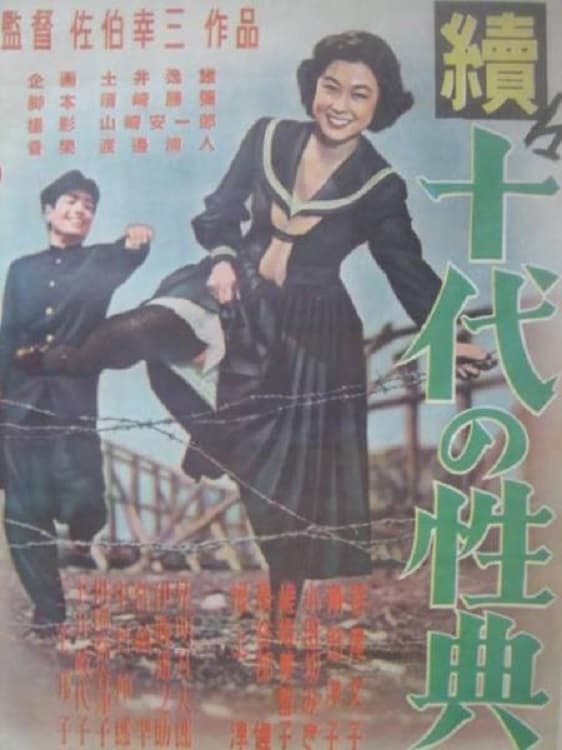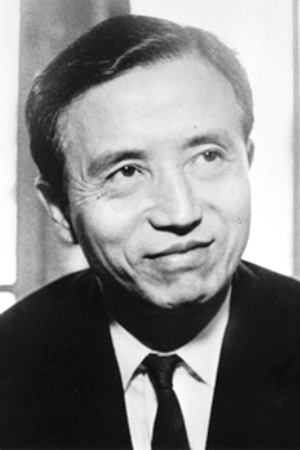
Noboru Nakamura
Noboru Nakamura (中村登, Nakamura Noboru, 4 August 1913 – 20 May 1981) was a Japanese film director and screenwriter. After graduating from the Tokyo Imperial University Faculty of Letters in 1936, Nakamura joined the Shochiku film studios, working as an assistant director for Torajirō Saitō and Yasujirō Shimazu. He debuted as director in 1941 with Life and Rhythm, and finally received recognition with his 1951 film Home Sweet Home. His most noted works include the Yasunari Kawabata adaptation Twin Sisters of Kyoto (1963), The Kii River (1966) and Portrait of Chieko (1967). Both Twin Sisters of Kyoto and Portrait of Chieko were nominated for the Academy Award for Best Foreign Language Film Nakamura was posthumously awarded the Order of the Rising Sun, 4th class.
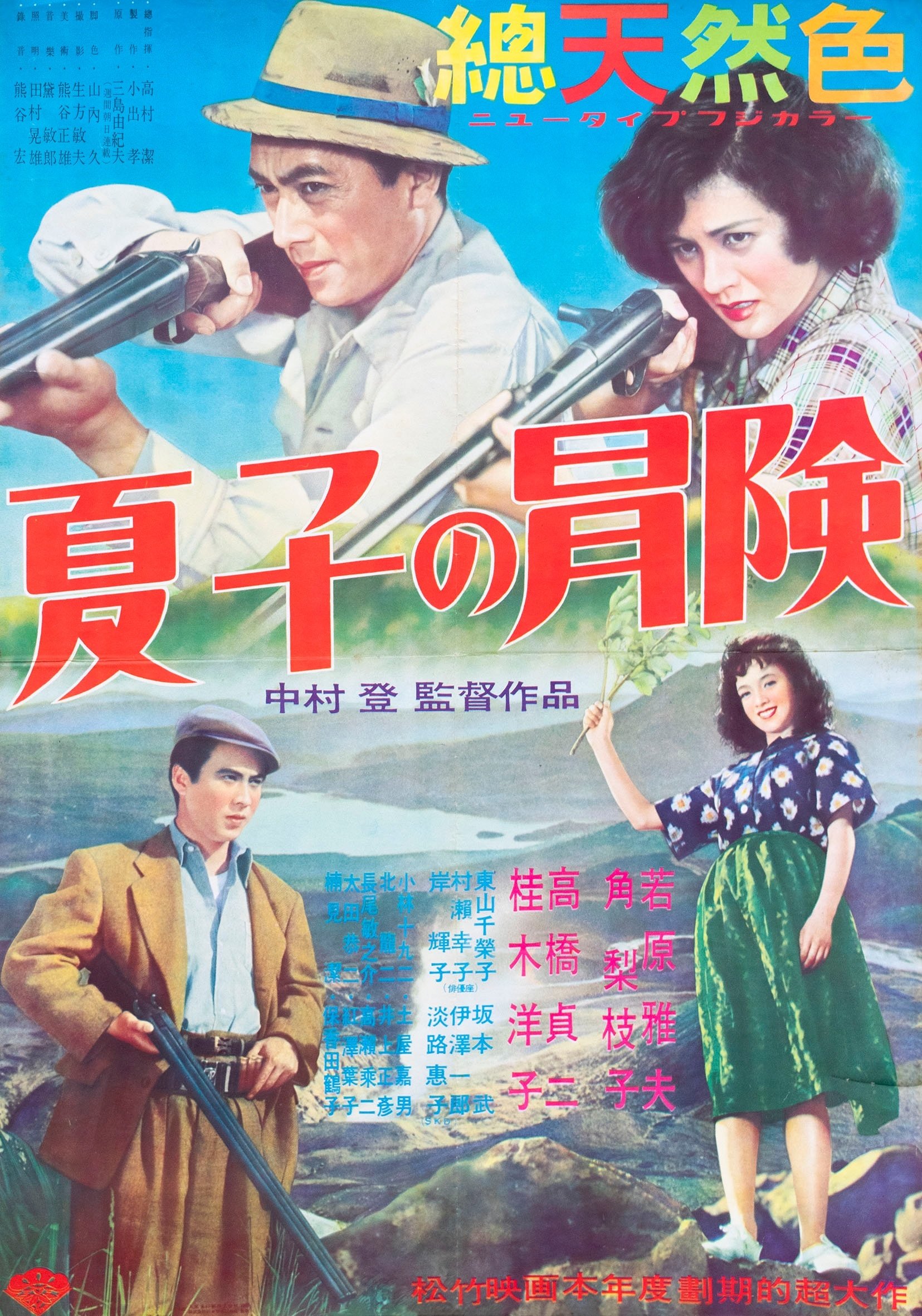
Natsuko’s Adventure in Hokkaido
(Director)
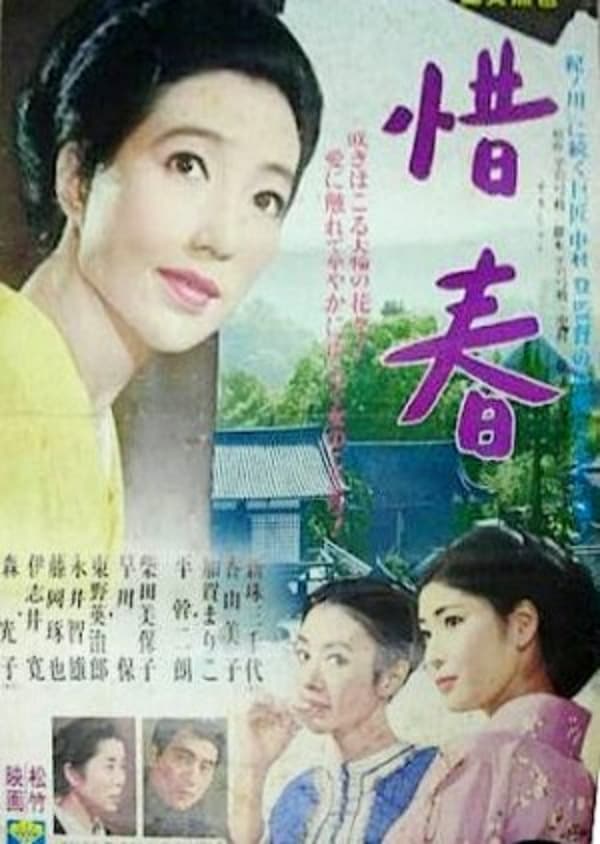
Three Faces of Love
(Screenplay)
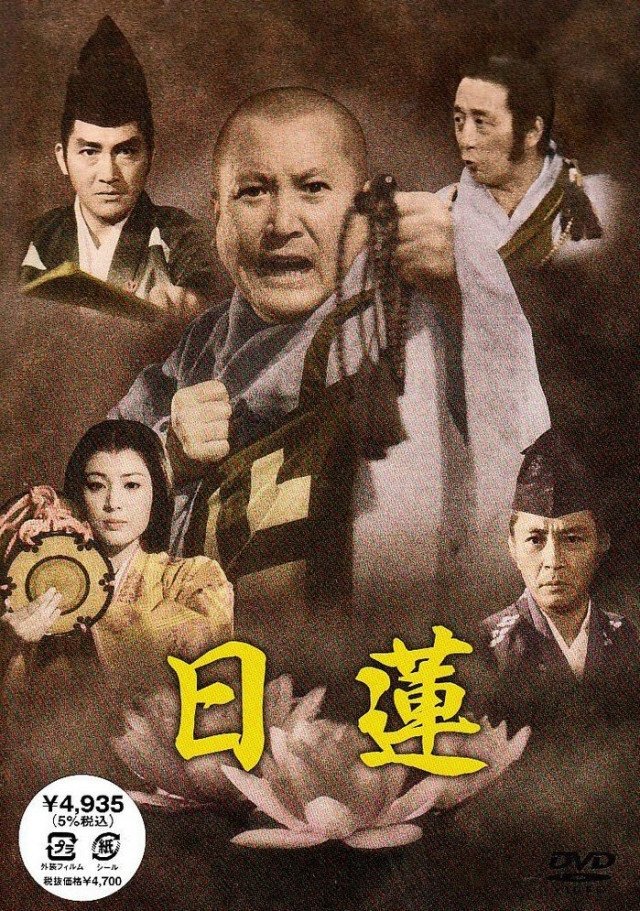
Nichiren
(Screenplay)
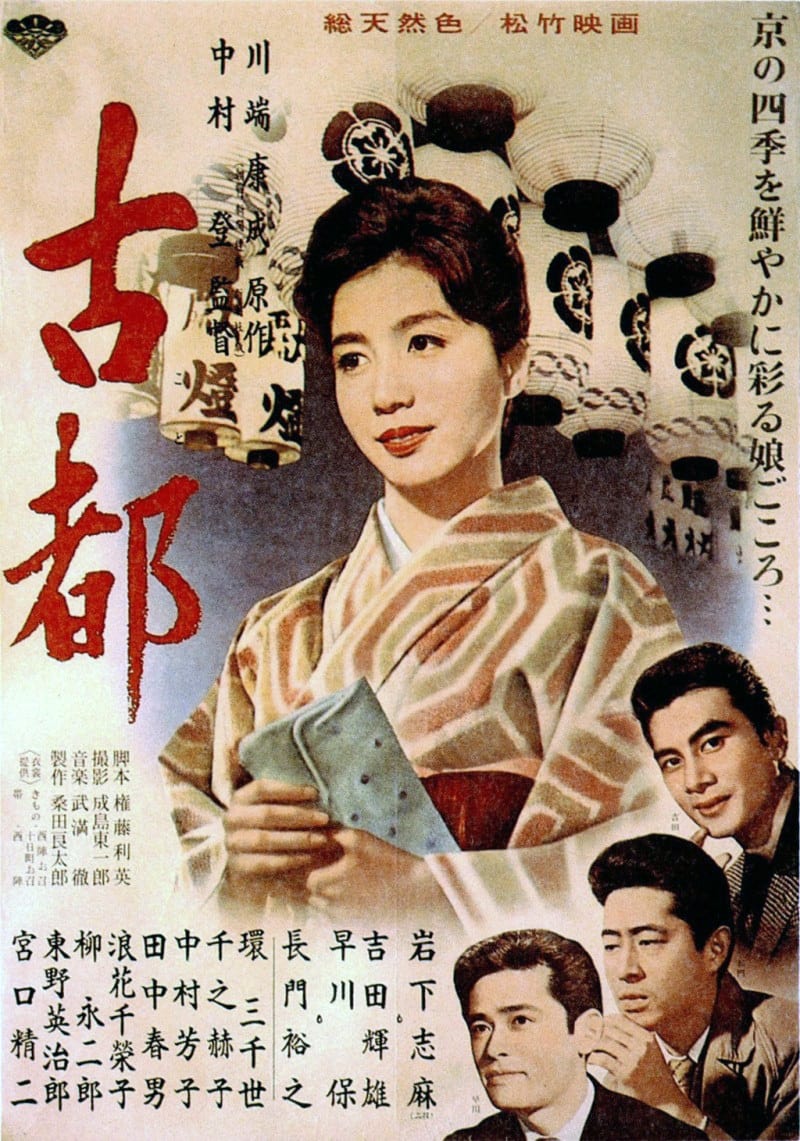
Twin Sisters of Kyoto
(Director)
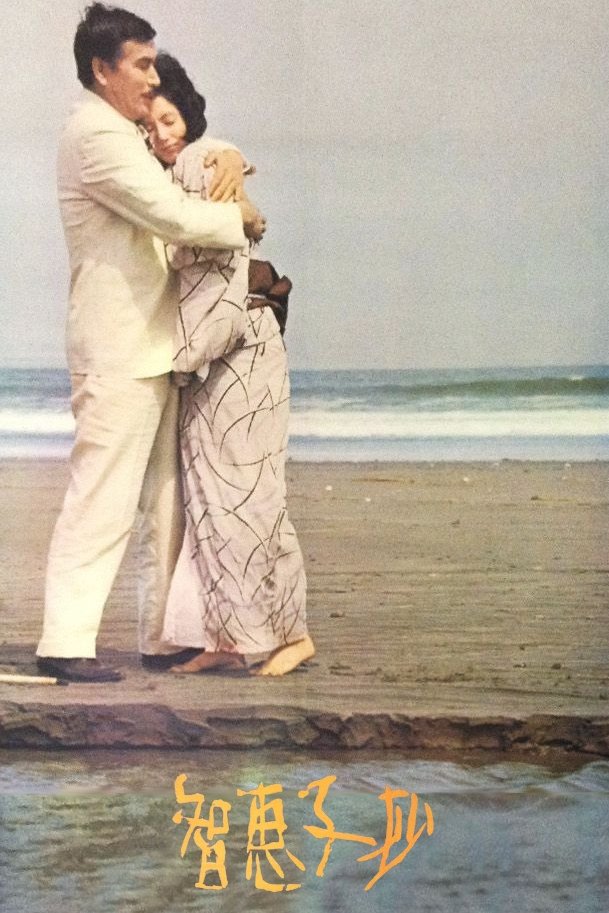
Portrait of Chieko
(Director)
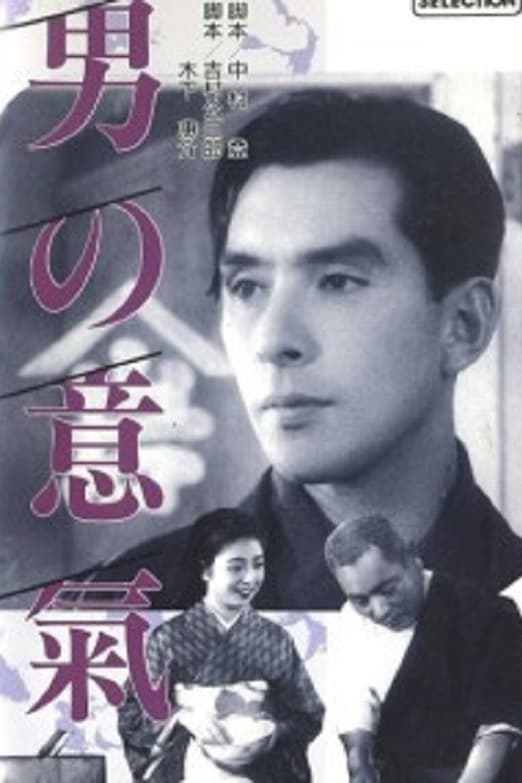
Otoko no iki
(Director)

Otoko no iki
(Writer)
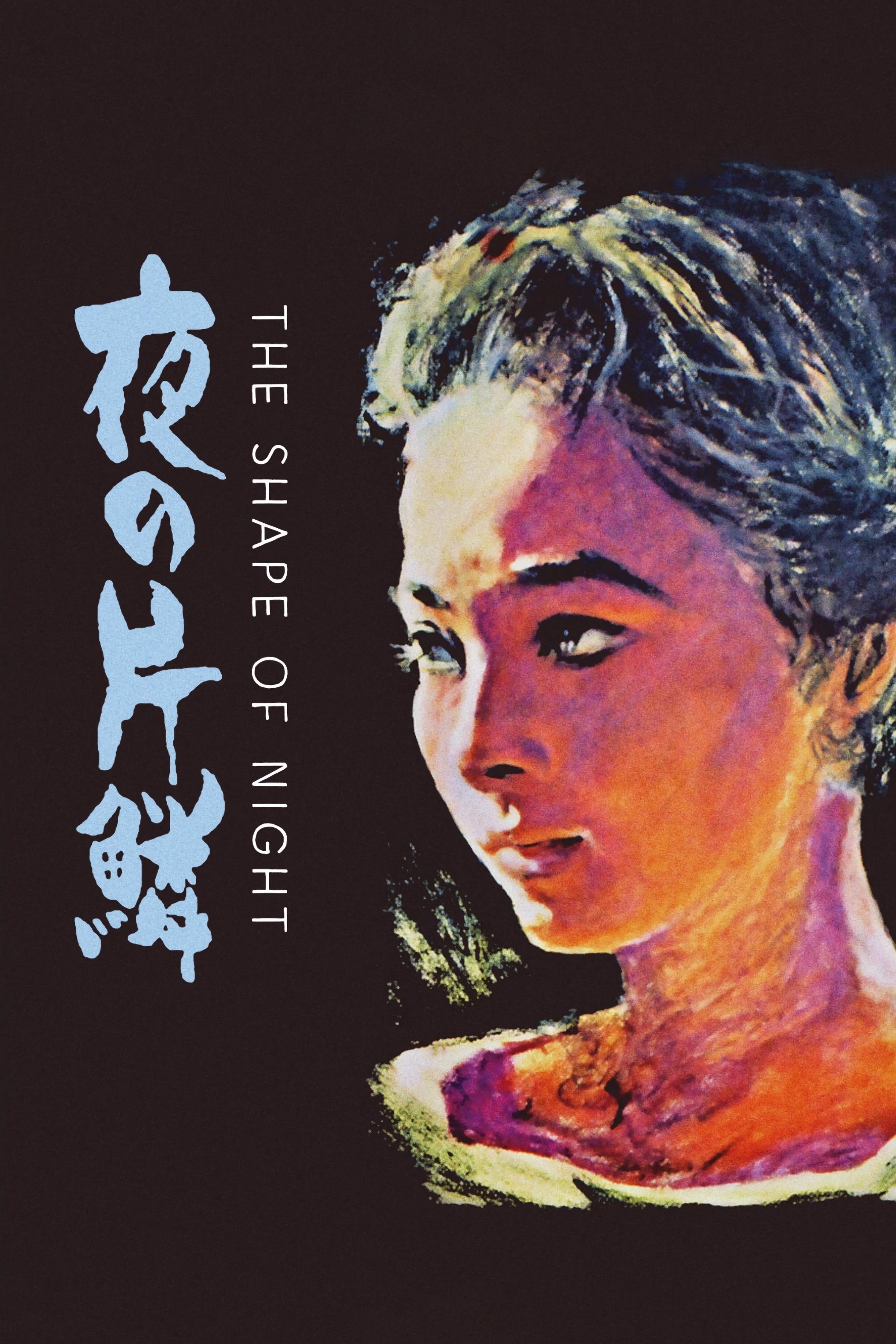
The Shape of Night
(Director)
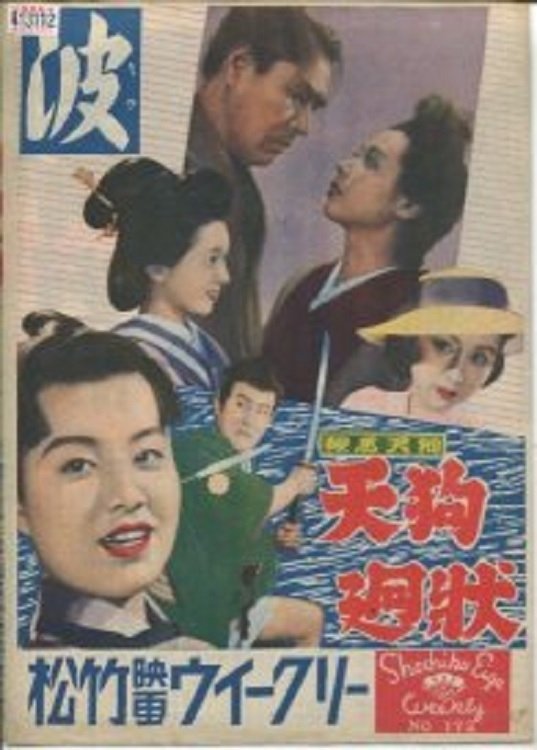
The Waves
(Director)
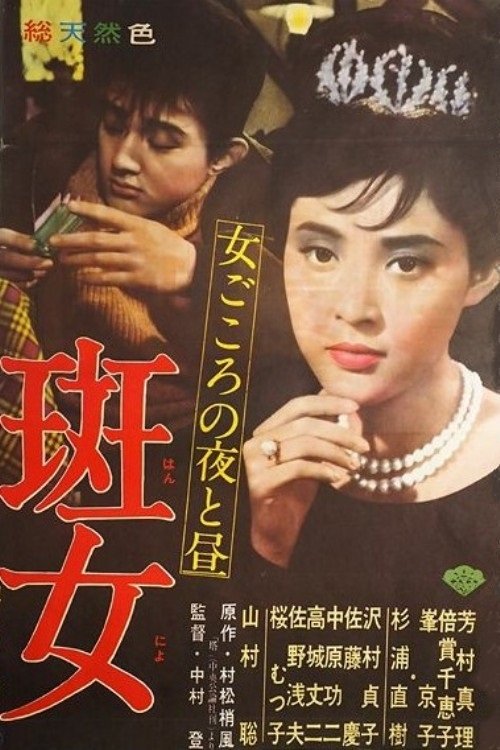
Women of Tokyo
(Director)
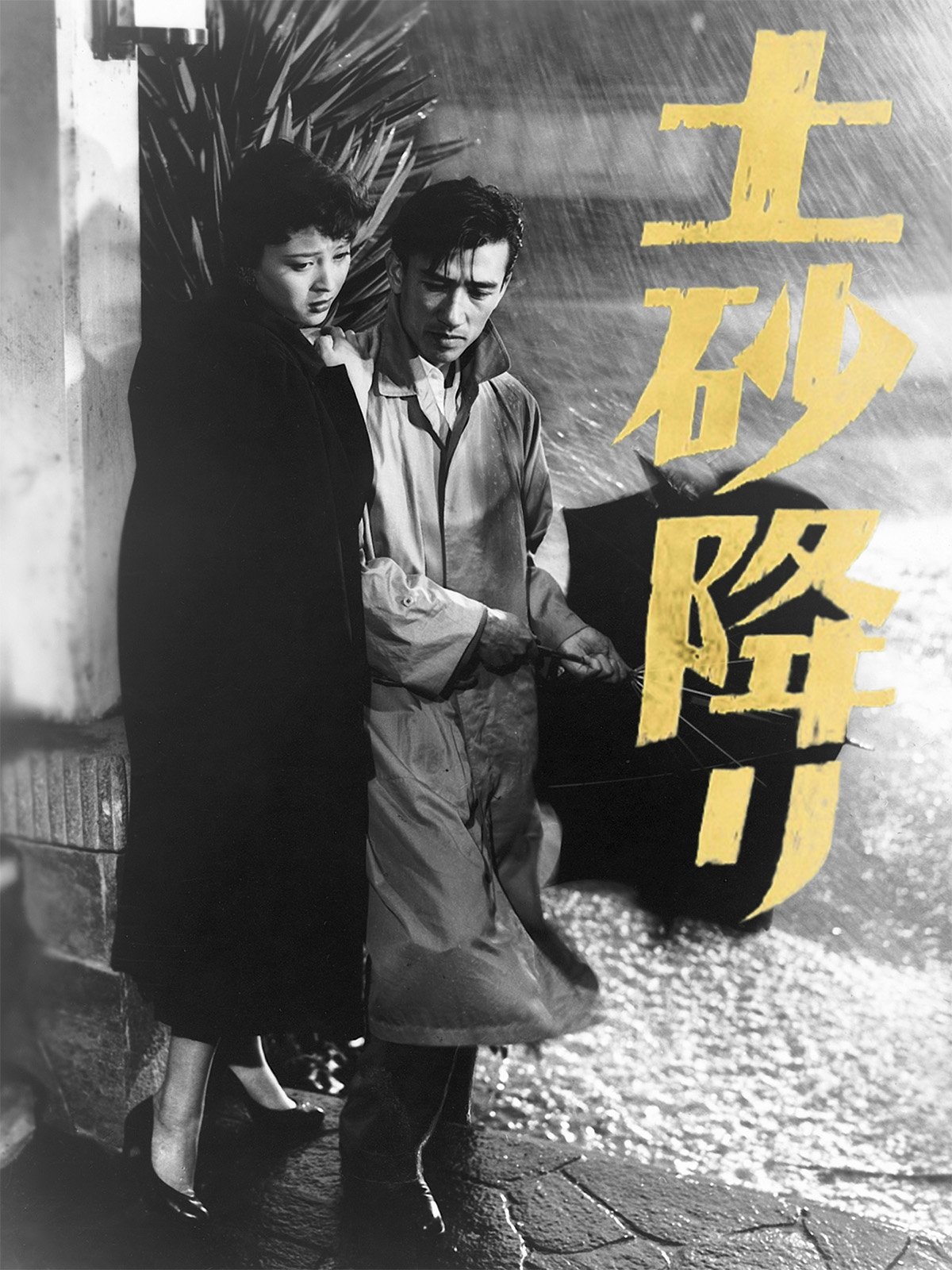
When It Rains, It Pours
(Director)
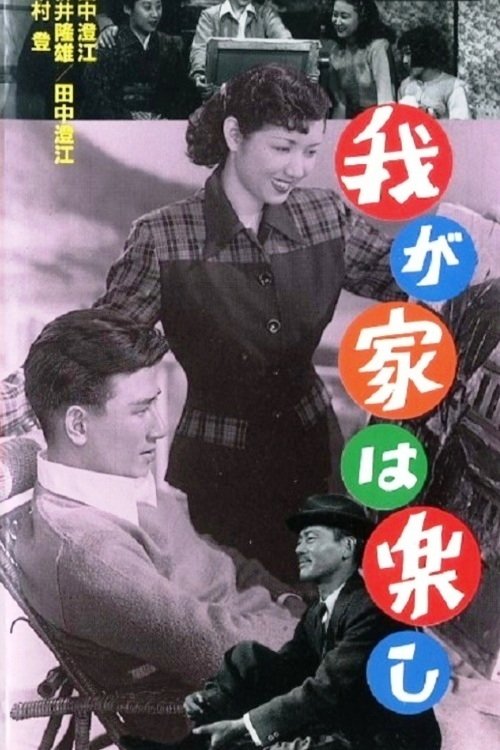
Home Sweet Home
(Director)
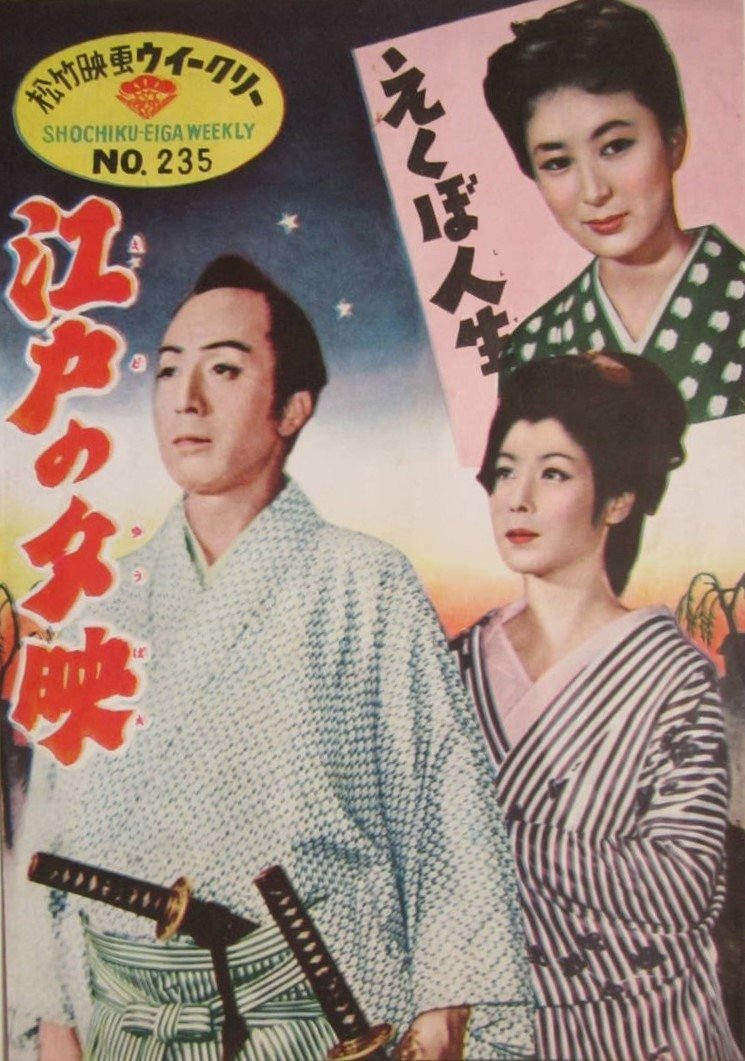
Edo no yubae
(Director)
The Mask and Destiny
(Director)
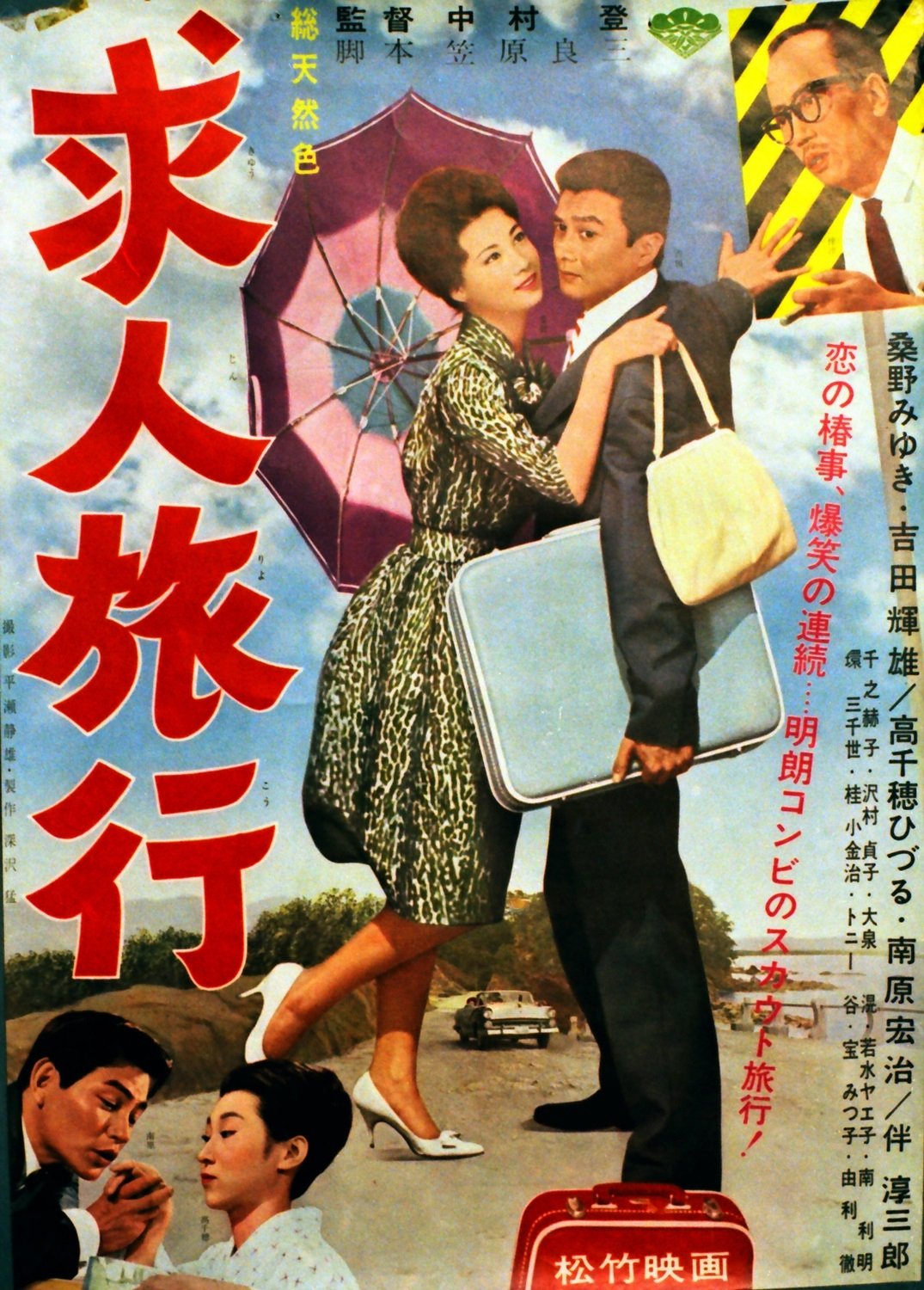
Kyūjin ryokō
(Director)
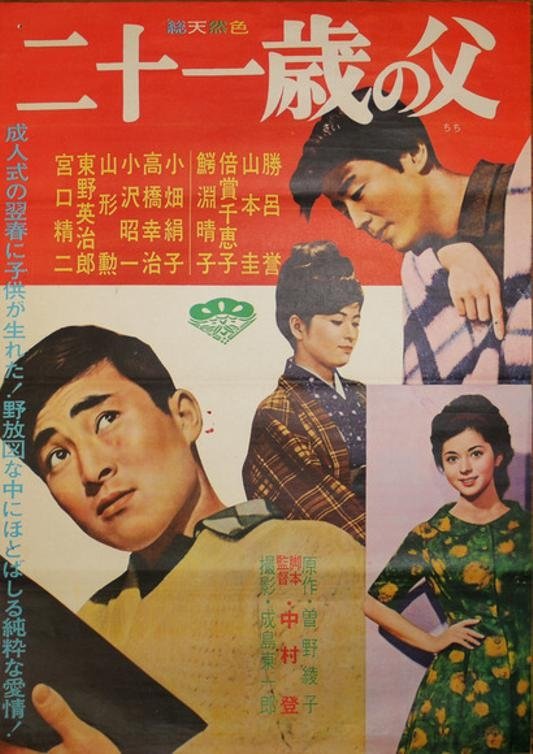
Our Happiness Alone
(Director)
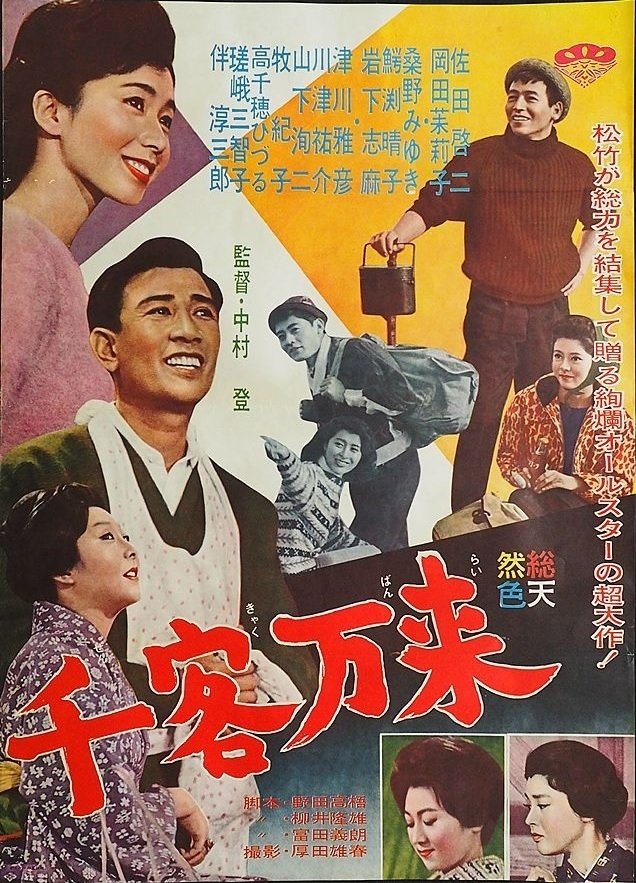
A Roaring Trade
(Director)
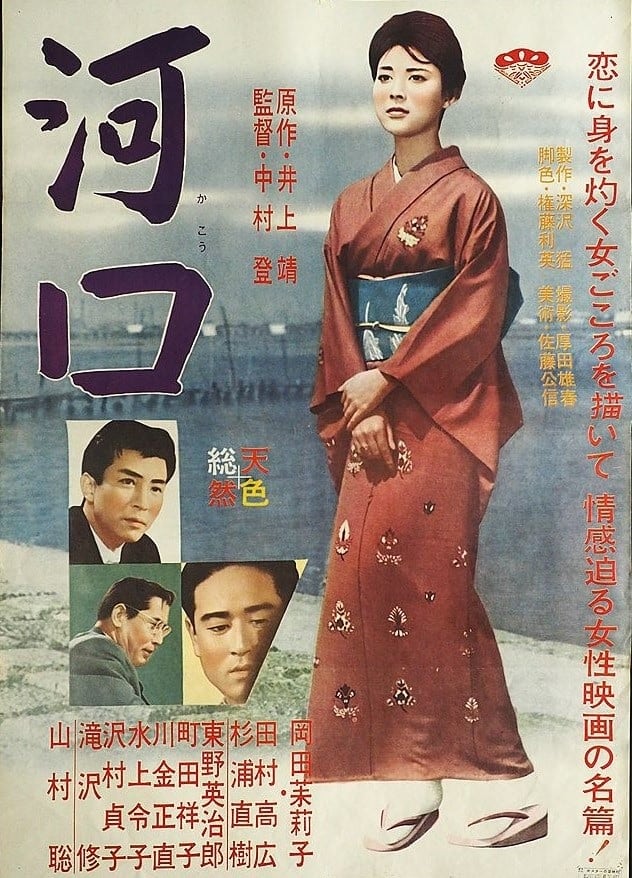
The Estuary
(Director)
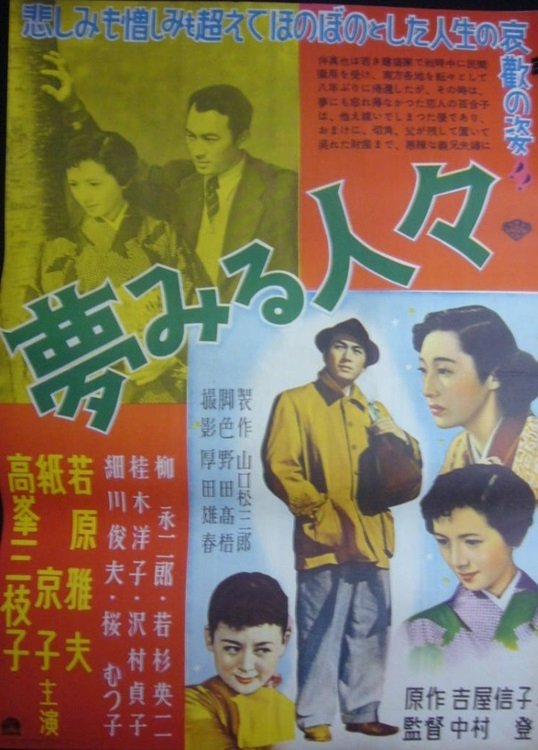
Dreaming People
(Director)
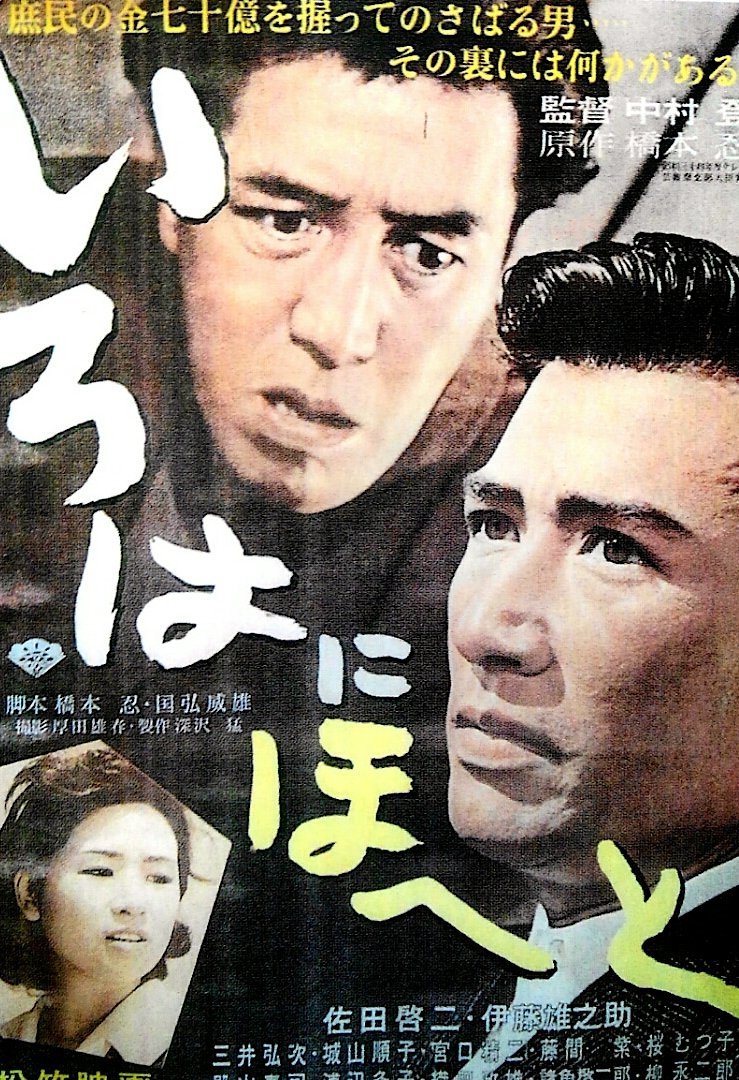
Irohanihoheto
(Director)

Three Faces of Love
(Director)

Nichiren
(Director)

Dreaming People
(Screenplay)
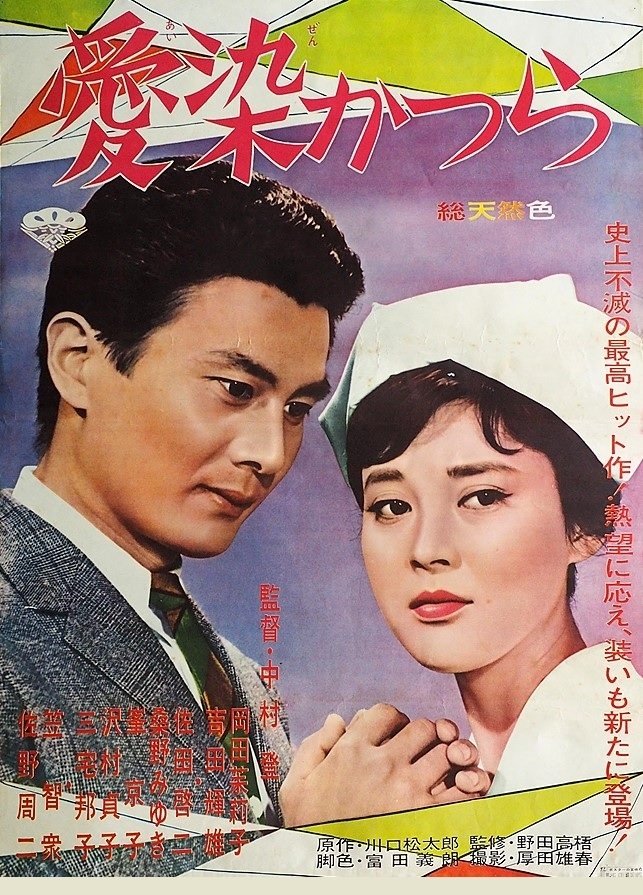
Flower in a Storm
(Director)
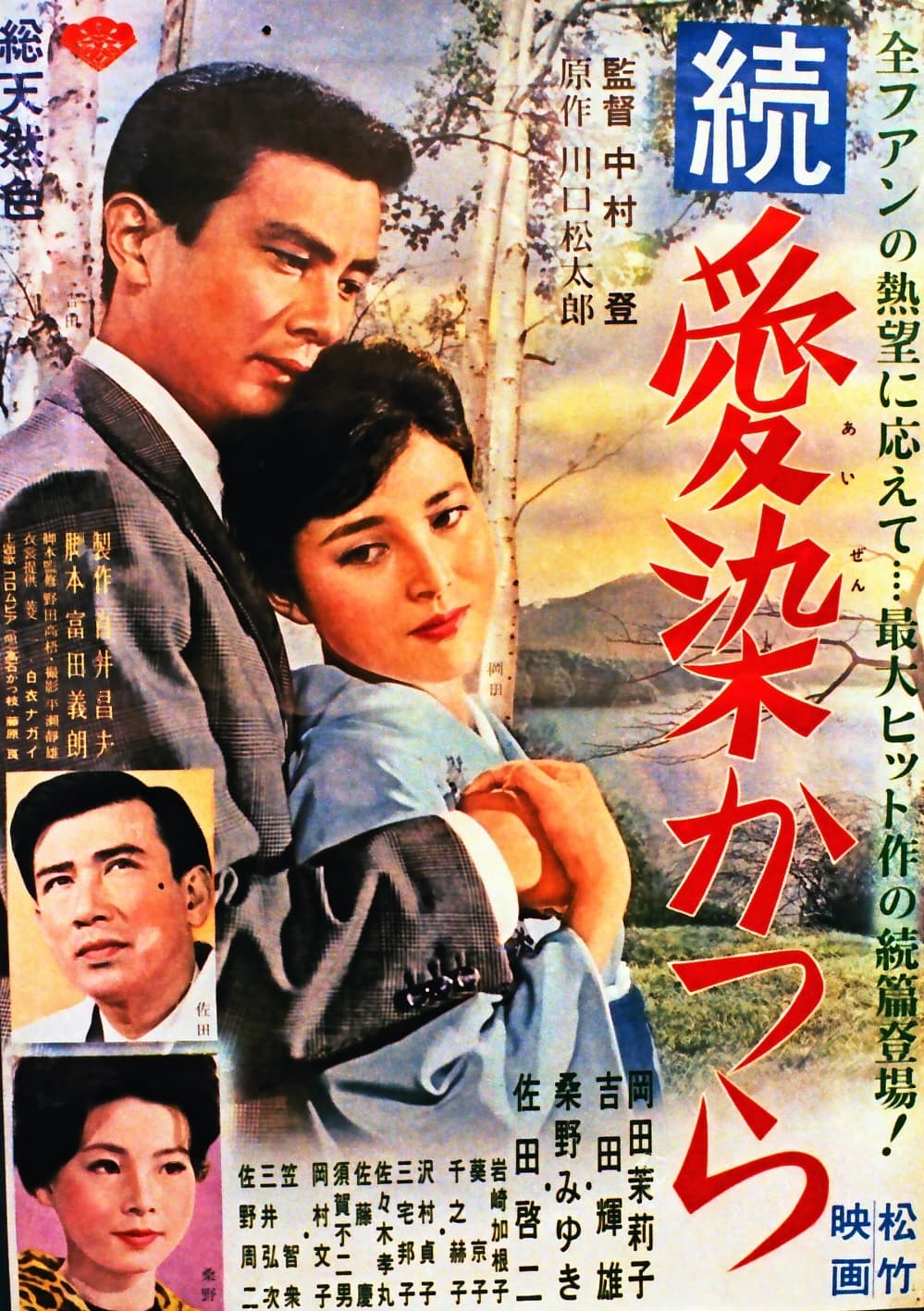
Zoku aizen katsura
(Director)
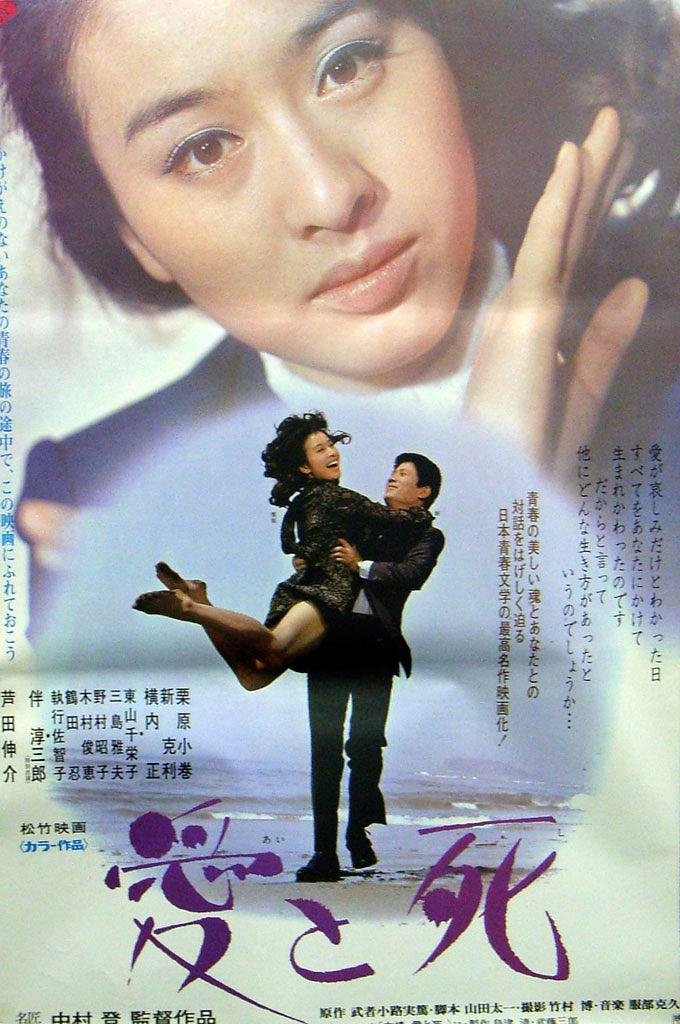
Love and Death
(Director)

Our Happiness Alone
(Screenplay)

Portrait of Chieko
(Screenplay)

When It Rains, It Pours
(Screenplay)
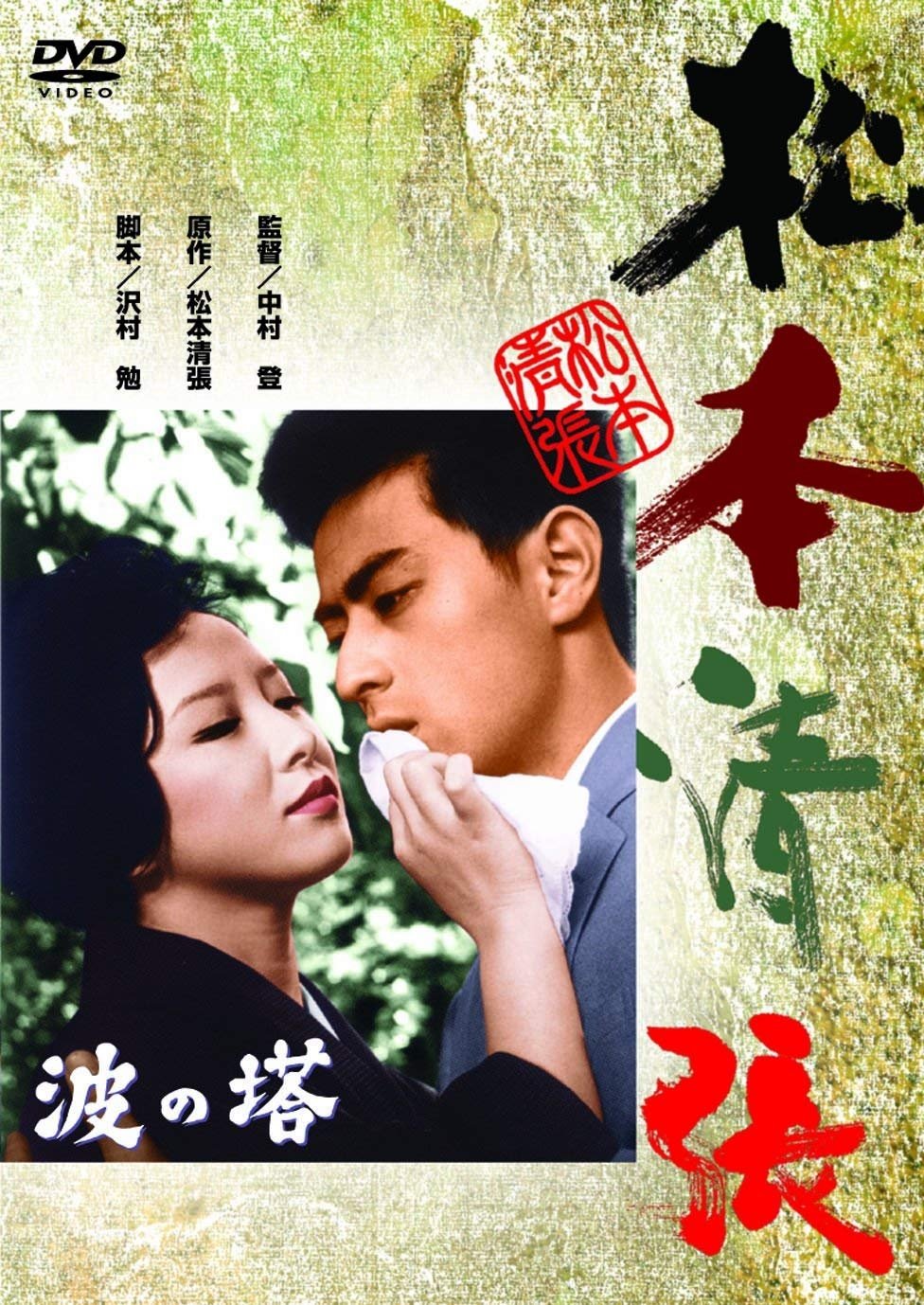
Towering Waves
(Director)
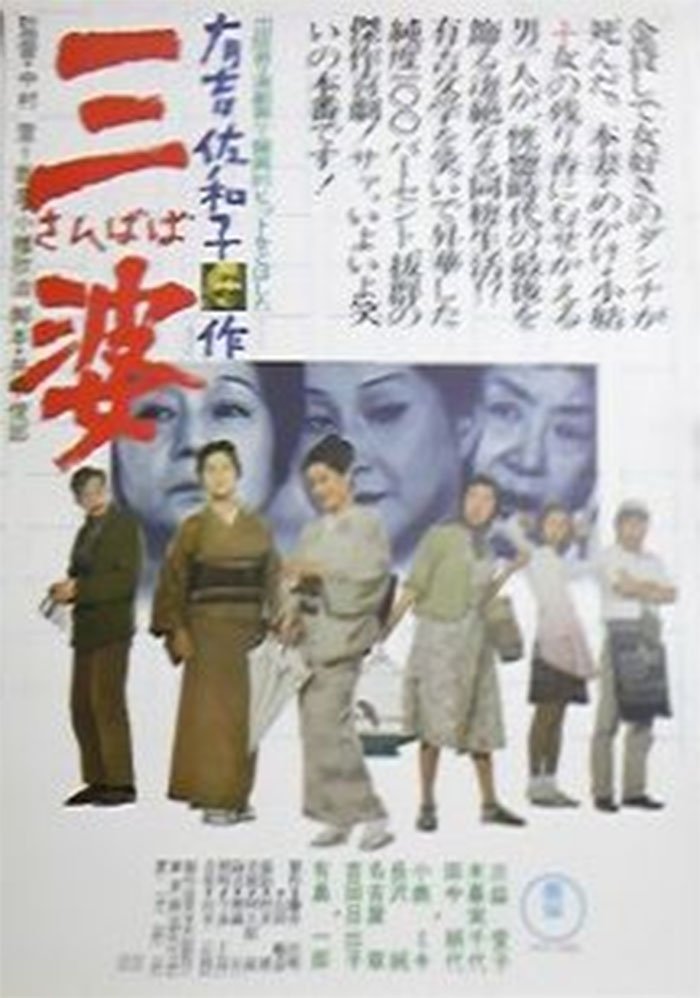
Sanbaba
(Director)
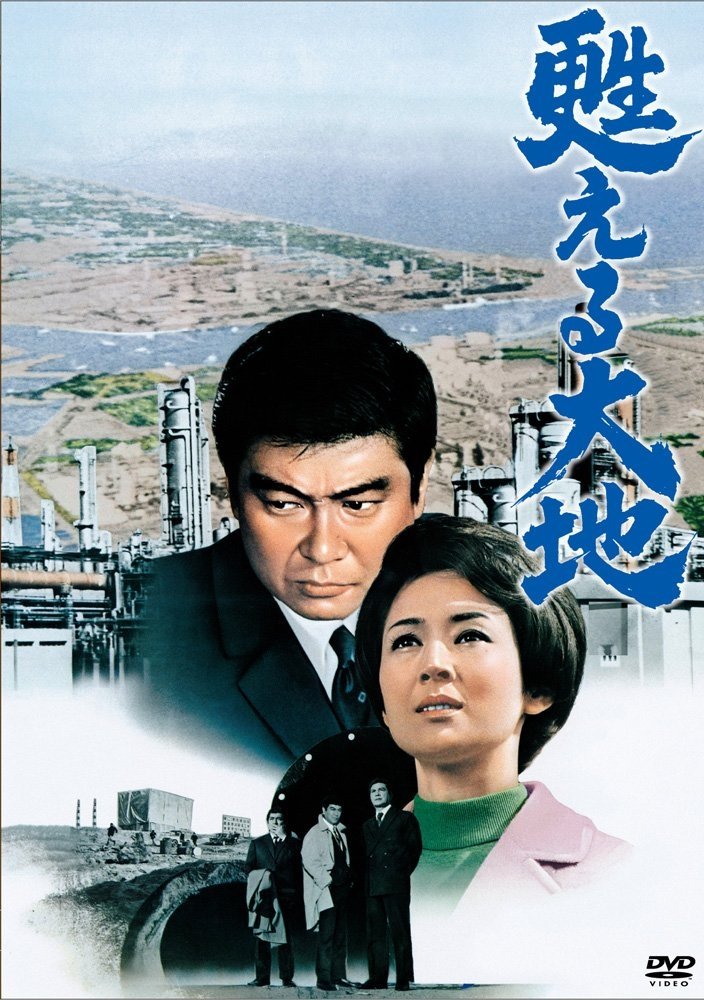
The Earth is Born Again
(Director)
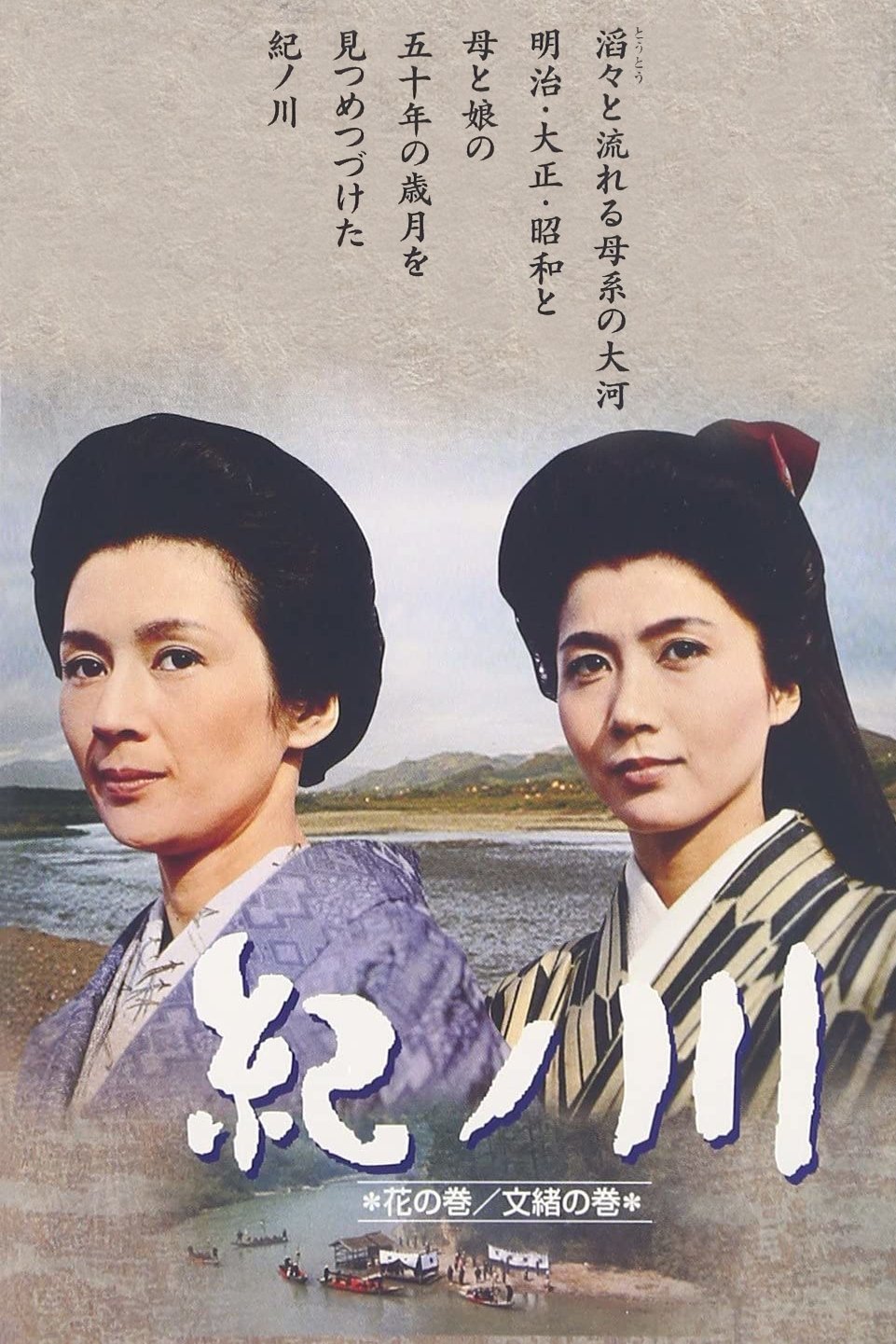
The Kii River
(Director)
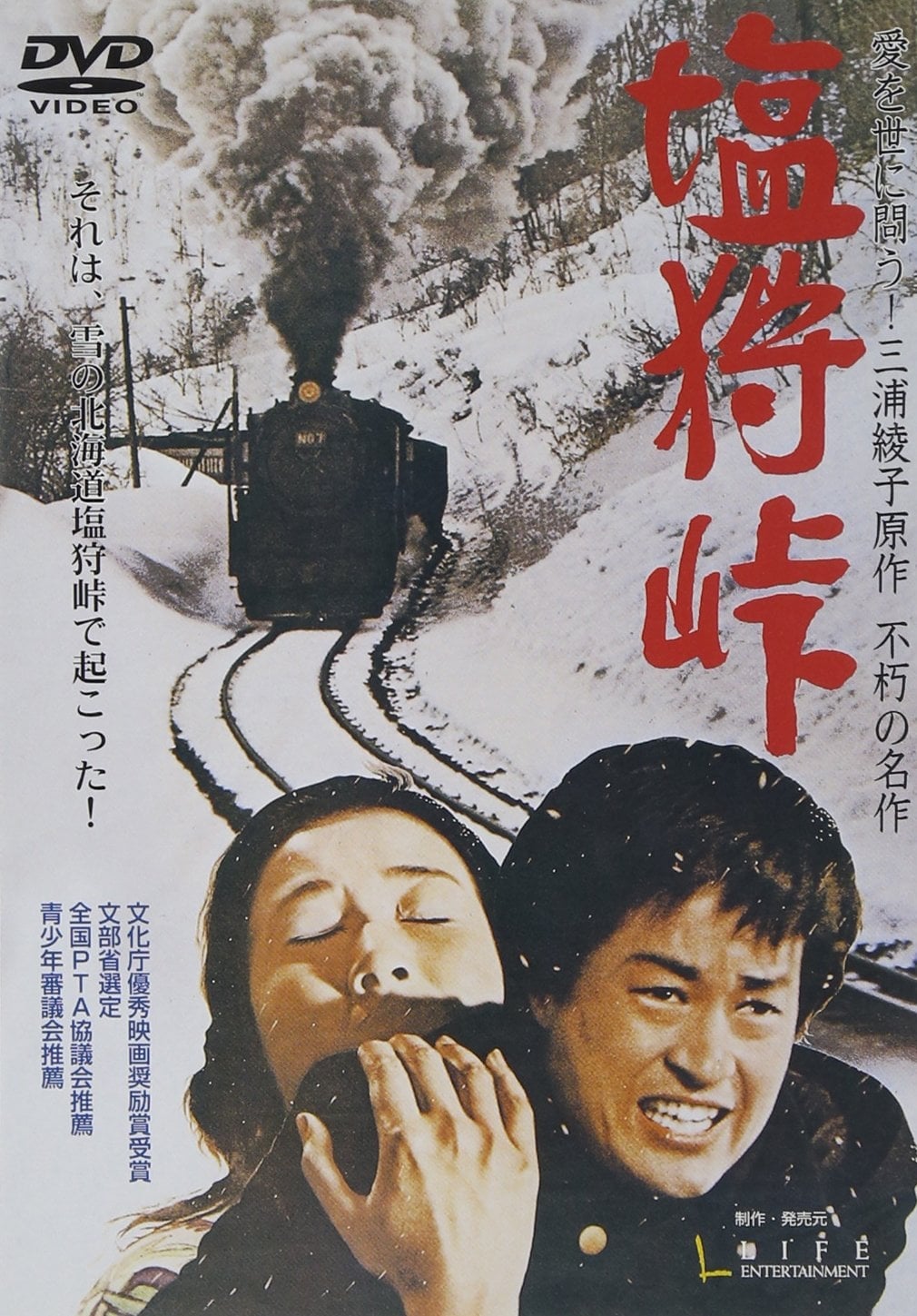
Love Stopped the Runaway Train
(Director)
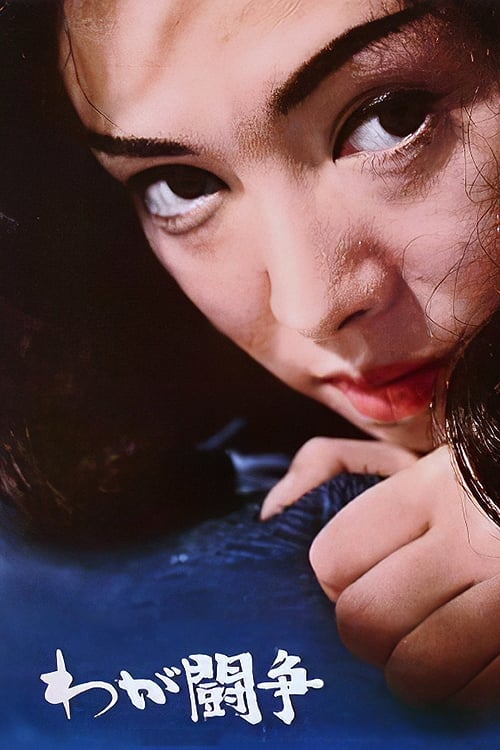
My Destiny
(Director)
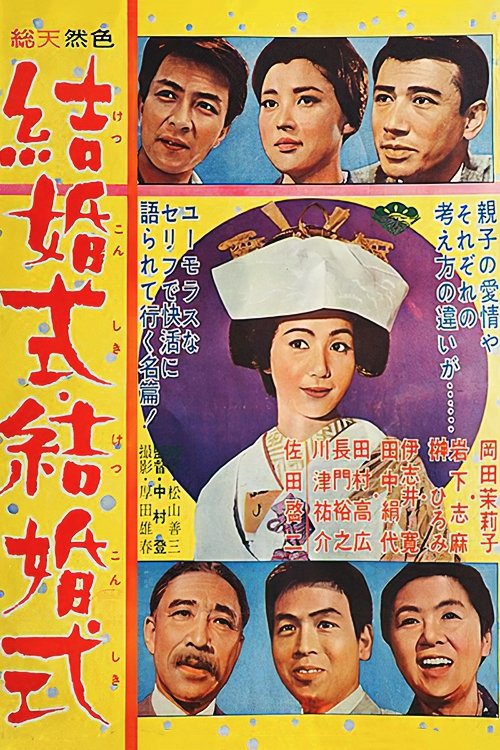
Double Wedding
(Director)
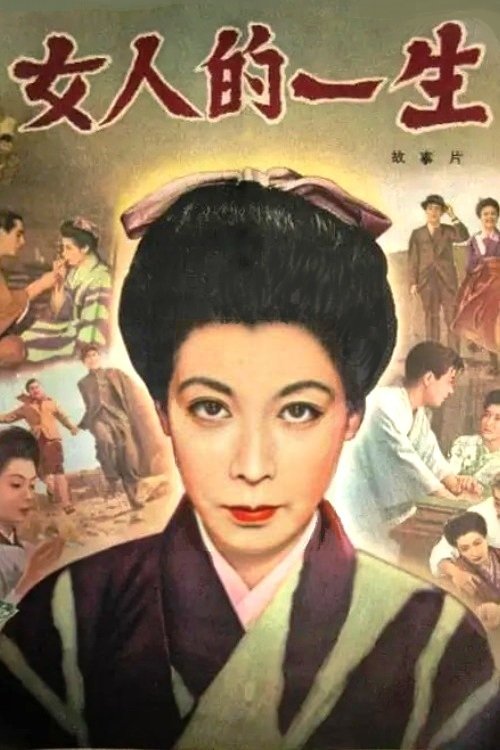
A Woman's Life
(Director)
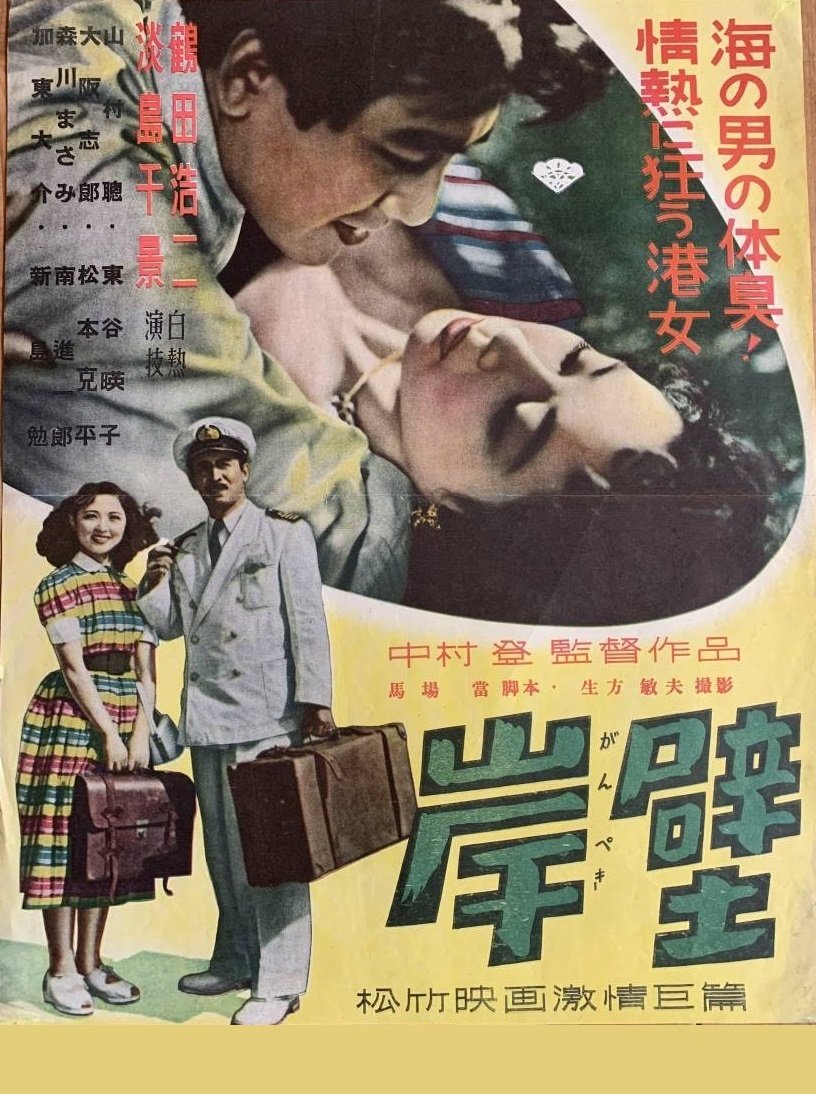
Ganpeki
(Director)
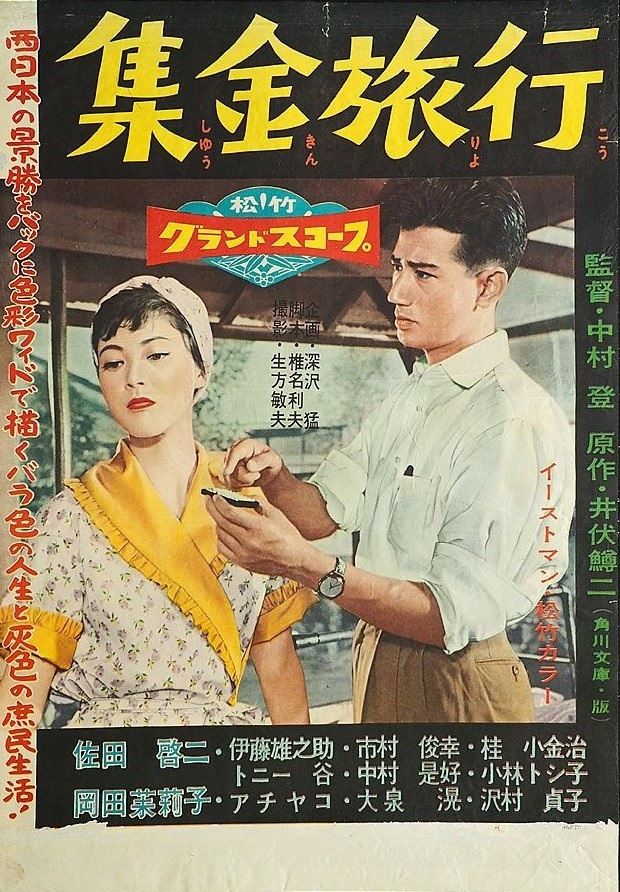
Shūkin ryokō
(Director)
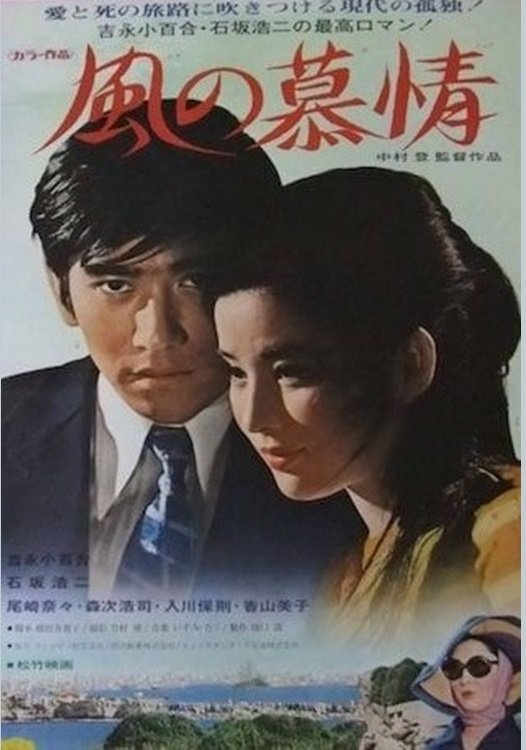
Journey of Love
(Director)
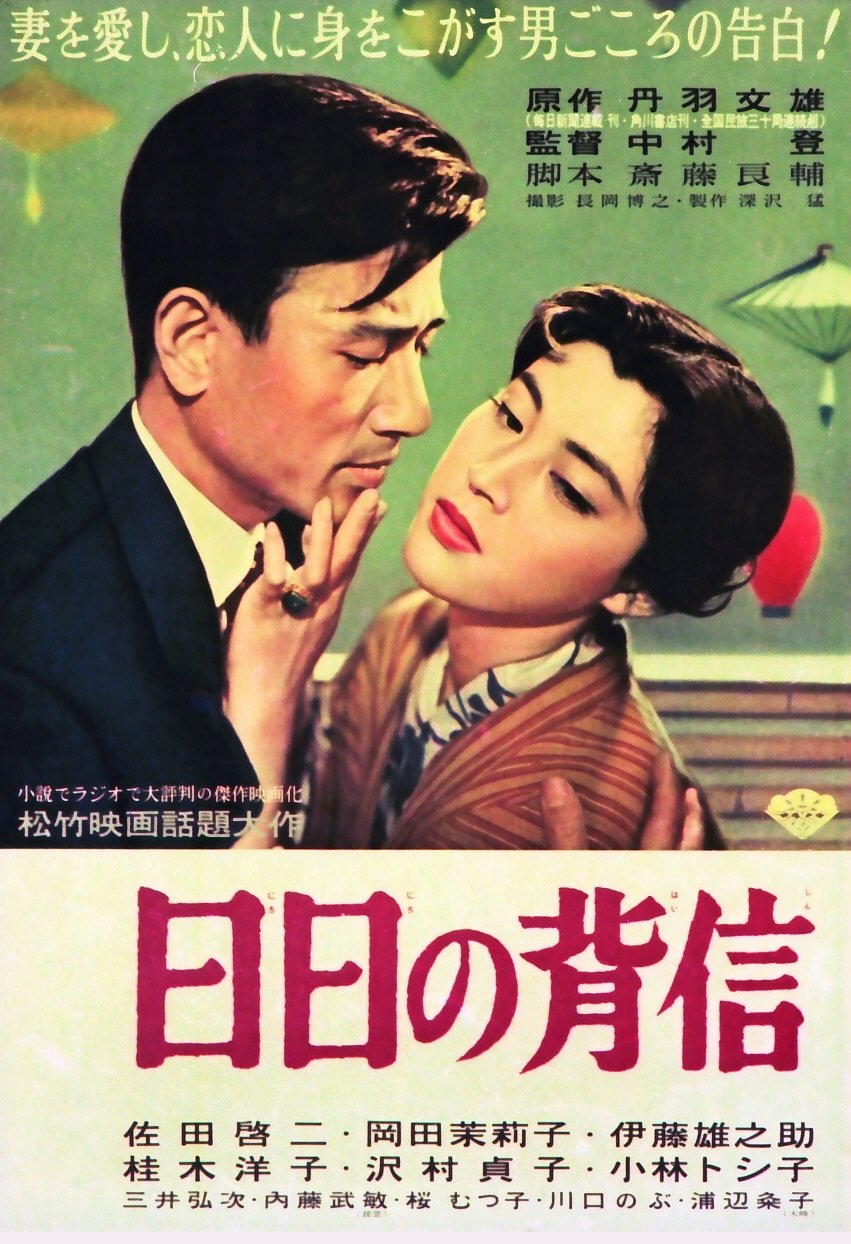
Hibi no haishin
(Director)
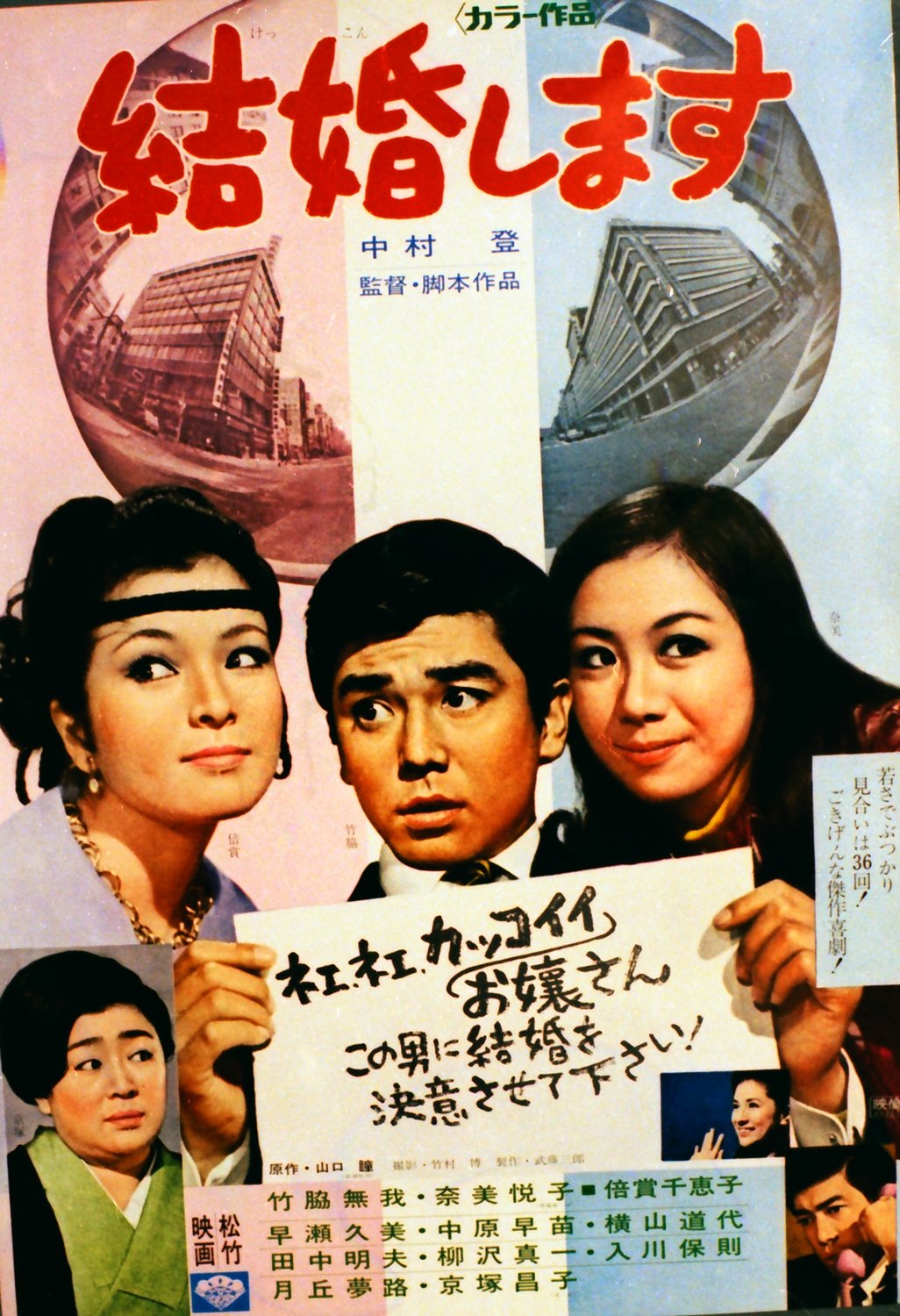
Kekkon shimasu
(Director)

Kekkon shimasu
(Screenplay)
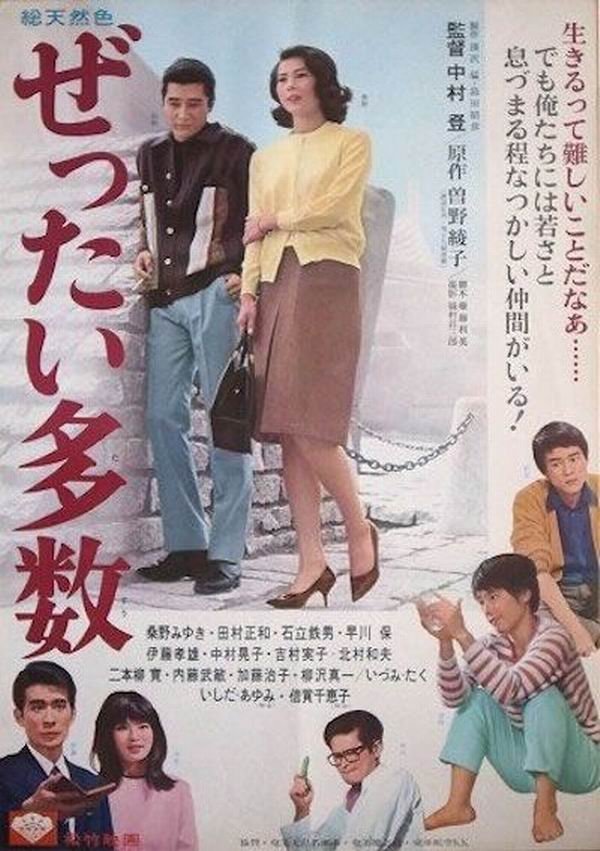
Zettai tasū
(Director)
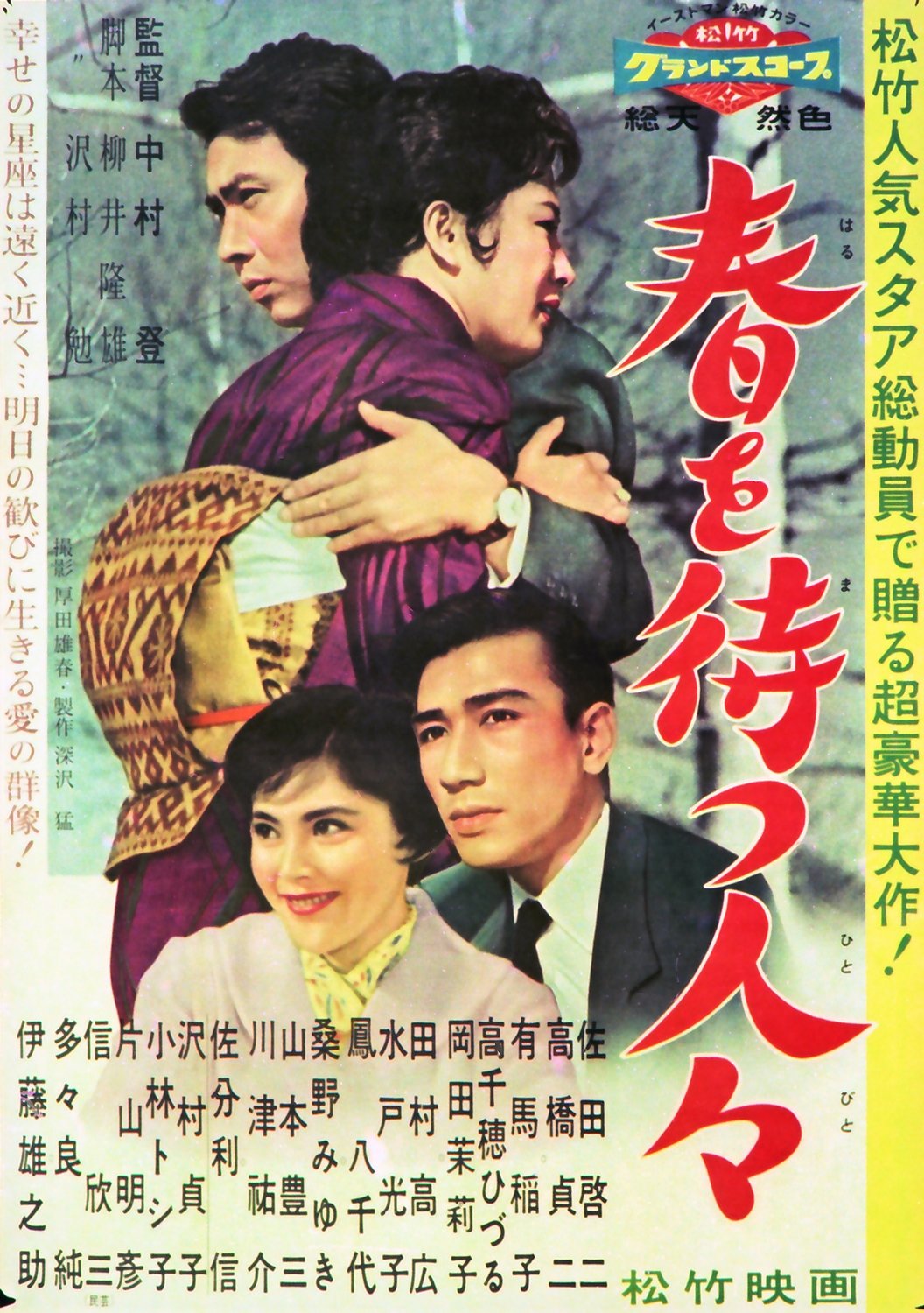
People Waiting for Spring
(Director)
Kigeki wa owarinu
(Screenplay)
Waga koi waga uta
(Director)
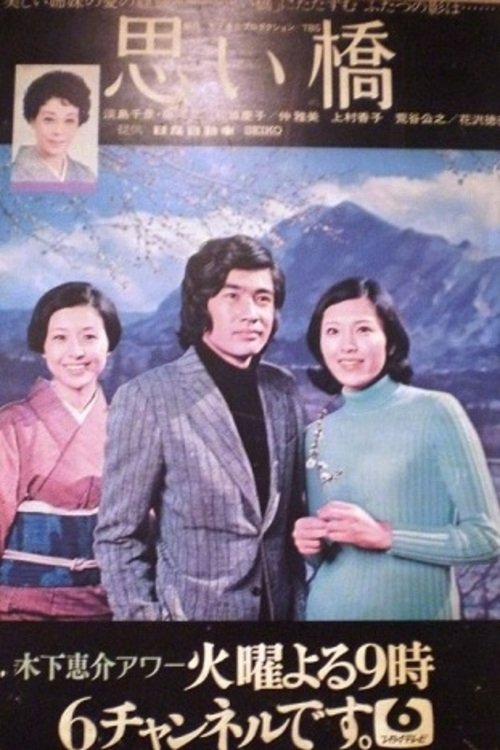
Omoi Bashi
(Director)
